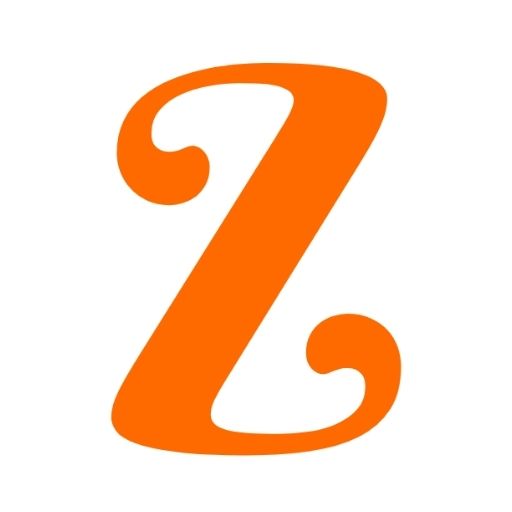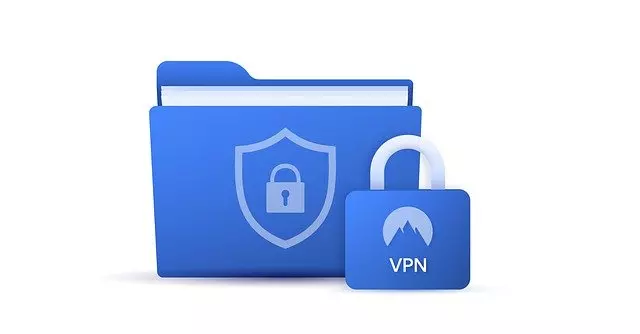Whois is a widely used Internet record listing that identifies who owns a domain and how to get in contact with them. The Internet Corporation for Assigned Names and Numbers (ICANN) regulates domain name registration and ownership. Domain names are registered through companies called registrars.
Examples include GoDaddy, Tucows, Namecheap, and MarkMonitor. These companies have been approved and accredited by ICANN to register new domain names. Whenever an individual or organization registers a new domain name, the registrar is required to make the registration information (WHOIS) publicly available.
This information can be looked up online using this service. Once your listing appears in this online domain directory, it is publicly available to anyone who chooses to check domain names using the WHOIS search tool.
Also Read:
- What is System Hacking and its Goals
- What is Network Scanning and its Objectives
- What is Cybersecurity and Types of Cybersecurity threats
- What is Footprinting and its Types
- What is Web Server and How do Web Server Works
There are a variety of third parties who may check domain names in the WHOIS check database, including:
- Individuals check domain names WHOIS for expiration dates
- Registrars check domain names when transferring ownership
- Authorities check domain names when investigating criminal activity.
What is the WHOIS database?
A Whois database contains all of the contact information associated with the person, group, or company that registers a particular domain name. WHOIS verification can even be utilized to combat spam or fraud, as administrators can track down registrants who post illegal content or participate in phishing scams.
In addition, the agreements from The International Corporation for Assigned Names and Numbers (ICANN) protects domain registrants by prohibiting the use of WHOIS listings for marketing or spam purposes, including high-volume, automated queries against a specific registrar or registry system (unless such queries are done with the intent to manage domain names).
NOTE: Some domain registrars offer private registration services (also known as proxy services) in which the registrar’s contact information is shown, and not that of the registrant. With this “private registration”, the organization providing the domain privacy service is the domain registrant and contact.
It is also important to note that even if domain privacy services are leveraged, it is not necessarily a guarantee of true anonymity. Registrars may be bound by law to release private information. A domain registered with domain privacy will still show up in a WHOIS search, but the organization may appear as “Whois Privacy Services” and the email address “abcd1234@whoisprivacyservices.com.”
What kind of data do I receive using the Whois Lookup?
You will get information about the current registrant of a particular domain. We offer two versions of the Whois Lookup, which differ in terms of the level of detail provided by the service. With the basic version, included on this page. You get the following Whois information:
- Domain Name
- Registry Domain ID
- Registrar
- Registrar URL
- Creation Date
- Registrar Registration Expiration Date
- Registrar Abuse Contact Information (Email, Phone Number)
- Domain Status
- State
- Country
- Registrant Organization
How accurate is WHOIS data?
According to ICANN’s rules, refusing to update this information or providing false data can lead to the suspension or cancellation of domains. The information in this record is initially provided when a domain name is registered.
Over time, things change, and the information gets out of date. ICANN requires domain registrants have the ability to update their contact details. Each registrar has slightly different procedures for changing the information that appears on a Whois record. It generally involves accessing account information via the registrar’s website, or via a call center representative.
Whois record changes may take a period of time (often in the vicinity of 24 hours) to take effect. Having accurate, up-to-date Whois data makes it easier to contact a registrant or administrator. In addition, ICANN allows Internet users to file complaints if they discover WHOIS domain name lookup data that is incorrect or incomplete.
In such instances, registrars must correct and verify the data in a timely manner. Through this verification protocol, ICANN seeks to maintain the highest possible level of accuracy.








